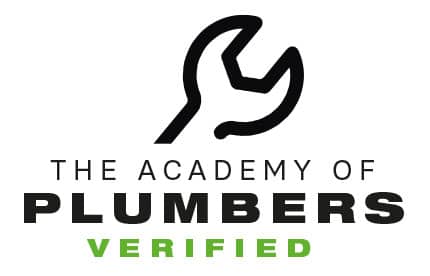It’s the beginning of the Atlantic Hurricane Season and a great time to focus on hurricane preparedness and safety. Aside from possible property damage and the unfortunate loss of life, power outages are all too common. These frequent power outages have resulted in an increased demand for backup power generators.
Many homeowners will rely on portable generators for reliable back up power. The setup of the portable generator is quite simple but it is extremely important that you know how to use them correctly. Unfortunately many people use their portable generator incorrectly and this can be dangerous, or even fatal.
What are the dangers if I don’t connect the generator properly?
If a homeowner plugs their generator directly into an electrical outlet, the electricity has the ability to flow from the generator through the home’s wiring, out through the electric meter. This increases the voltage that passes through the transformer and then onto the distribution system. This is referred to as a line that has been “back feed” and it very dangerous. It increased the risk of potentially fatal shock hazards to anyone coming in contact with a sagging or downed line.
Does this damage the generator?
Yes. Linemen routinely use a grounding system with then are working on a power line to protect them. If the generator is back feeding to that ground, the generator could be severely damaged. Also, the generator could burn out if the power is restored and the generator is connected to the wiring once power is restored.
How can I prevent back feed?
The safest solution is to have an interlock switch installed by a commercial electrician. This will disconnect the home’s wiring system from the utility power when the generator is turned on and allows the flow of electricity to be directed from the generator to any circuit in the house.
How does an interlock installation work?
The interlock acts as a manual transfer switch so that both the utility breaker and the generator breaker cannot be turned on at the same time which isolates the two systems. This requires no need to run extension cords in the home which eliminates associated fire and tripping hazards. With this one connection you can now use anything in your home because all the circuits in your home can be activated through the breakers in your panel.
Can I just shut off the main breaker instead of having a licensed electrician install an interlock system?
No. Many simple circuit breakers do not always work for this purpose and it is not worth the consequences that could occur if it failed.
Remember these important portable generator safety tips:
NEVER connect a generator directly to your home’s main electrical panel or into a regular household outlet. You could be putting your life and that of your family, neighbors, and our linemen in danger.
NEVER overload the generator. Overloading your generator can seriously damage valuable appliances and electronics, so you must prioritize your needs.
ALWAYS have the installation work for your portable generator done by a licensed electrician Charleston..
ALWAYS install a manual or automatic transfer or interlock switch as required by the National Electrical Code. The switch prevents the generator from back-feeding electricity into our power lines.
ALWAYS operate your generator outdoors in a well ventilated, dry area where exhaust fumes cannot enter your home. Do NOT operate a generator indoors, in your basement, or in a connected garage to avoid the buildup of deadly carbon monoxide fumes.
ALWAYS shut off or unplug appliances being used before shutting down your generator.



